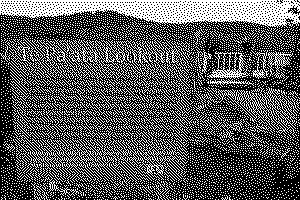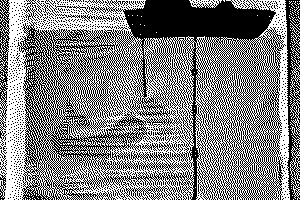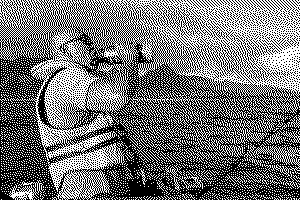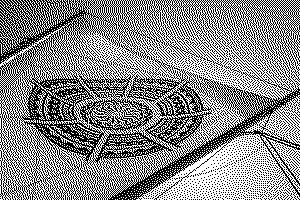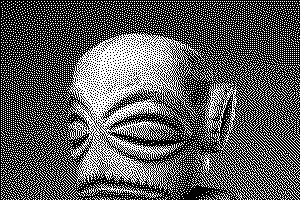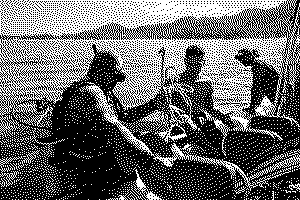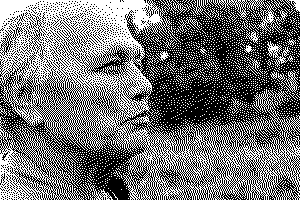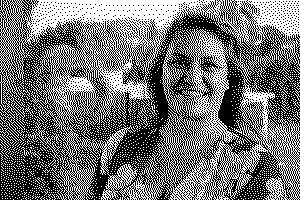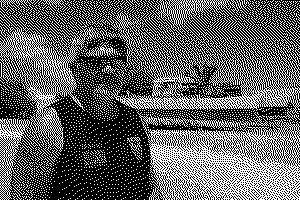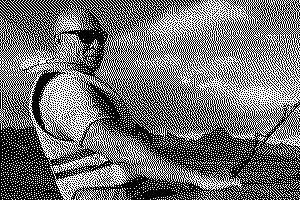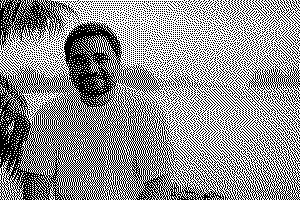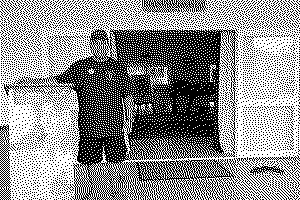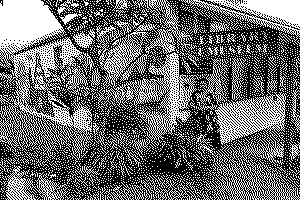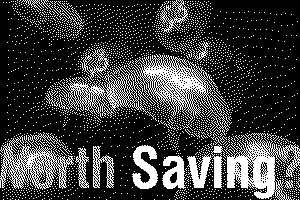A Seat for the Sea #6
Can we change the design of our relationships with the ocean by learning from the Cook Islanders?
fieldwork in the Cook Islands
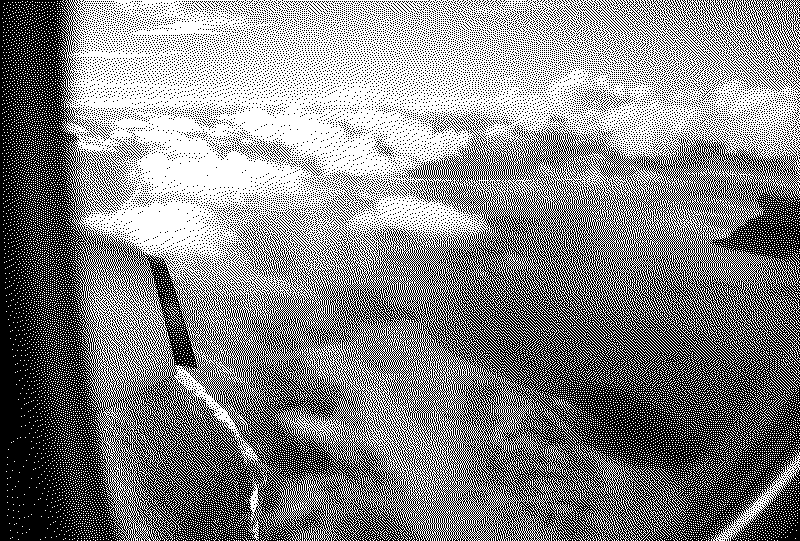
The Cook Islands is a self-governing archipelago in the South Pacific Ocean. It's 15 small atolls and islands with nearly 2 million km2 of territorial waters. In 2017 the Cook Islands announced they had created the world's largest marine reserve, a vast expanse of ocean rich in coral reefs and home to thousands of species of fish and marine plants: “the largest area in history created by one country for the conservation and management of the ocean”.
The Polynesian micro-state with sandy beaches, vast azure bays and coral reef-lined lagoons is, like all countries in this region, struggling with rising sea levels and storm surges caused by tropical cyclones. Added to this, however, are other threats. The Cook Islands government wants foreign companies to mine metal nodules in the deep sea. The nodules lie 5 km deep on the seabed that is too often described as empty, devoid of life, and therefore open for colonisation.
In his essay, Our Sea of Islands, Epeli Hau’ofa argued that Pacific Islanders are the most suitable people on earth to be the custodians of the ocean. He reasoned that since Pacific Islanders have been living in the Pacific Ocean for centuries, they have made this ocean their home using knowledge of seafaring, navigation, ship design and construction, and have developed social and cultural systems that can be used to manage the sea and its resources.
During 3 months we explored the importance of encounters with and experiences on the sea, in the lives of Cook Islanders: reef gleaning, the multitude of fishing methods demonstrating their deep understanding of their prey, the revival of traditions such as celestial (star-)navigation aboard vakas (traditional canoes)… Do their ways of working based on long-durational practices and collaborations lead to kinships, solidarities, cycles of presence, and care? Do they think the sea has a voice?
Feel free to join us in this ongoing questioning
ASftS#6 is supported by the Flemish Government and DSCC.
